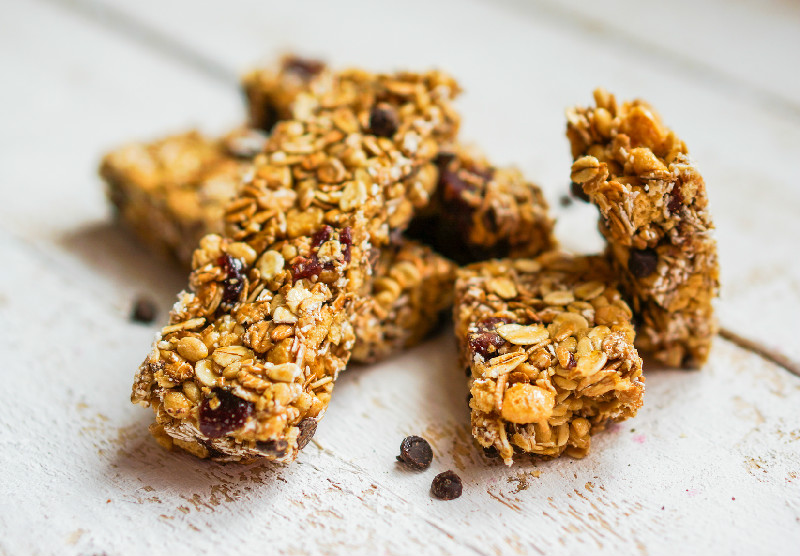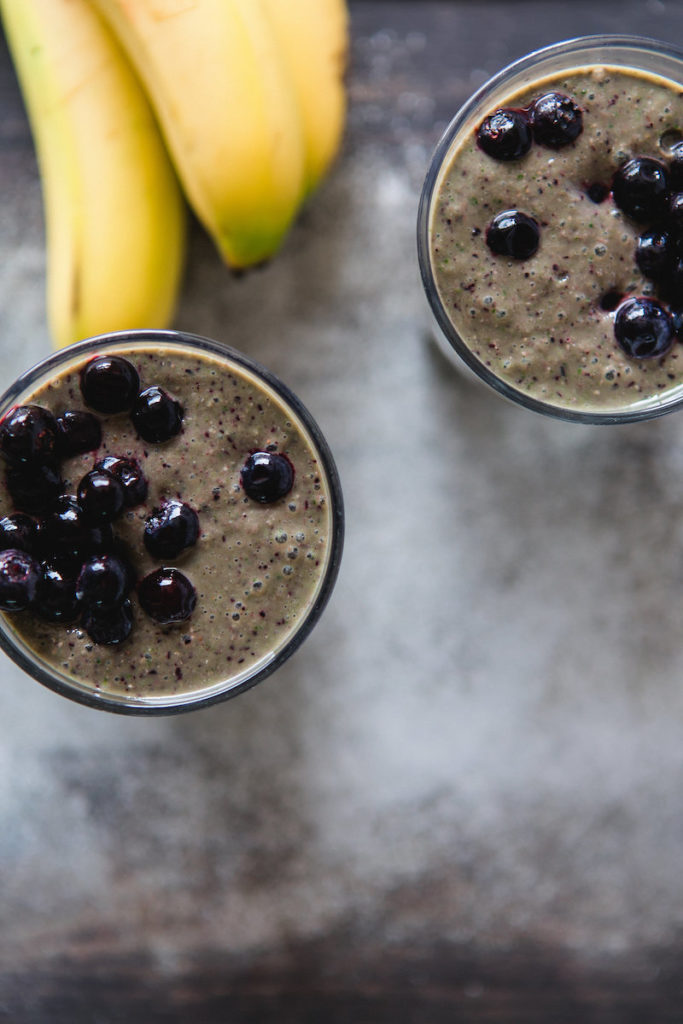Goat milk is a rich source of protein, fat, oligosaccharides, essential vitamins and minerals, and micronutrients linked to immunity.
When budgets are stretched tight and food costs are on the increase, shopping choices often change– for the worse. However, it is important to follow the basics of healthy eating to look after your immune system. One simple way to get an advantage is by adding goat milk to your trolley. Goats are among the oldest domesticated animals, and their milk has been consumed by humans for thousands of years. Goat milk offers numerous benefits for the whole family and is abundant in nutrients, such as proteins, carbohydrates, fats, and essential vitamins and minerals.
Nutritional benefits of goat milk
While fresh full-cream goat milk can be enjoyed by children and adults alike, it is also available in powdered form as a base for infant formula where breastfeeding is not possible. Goat milk provides a complete protein with all essential amino acids7, making it an approved option for infant formula. The unique protein composition of goats’ milk allows it to form a softer curd during digestion, which may support a baby’s digestive health and comfort.
The fat content of goat milk is similar to that of cow milk; however, the fat globules are up to 75% smaller in size, which may make them easier to digest., Fat is important in the diets of young children especially, as it aids in the development of the brain and nervous system. The most abundant saturated fatty acid in human milk is palmitic acid, present in a structure named ß-palmitate. In infant formula, ß-palmitate may positively influence gut health, growth, sleep and comfort of infants.Goat milk-based formula contains high levels of ß-palmitate.
Research shows that South Africans have a low intake of calcium. Calcium is essential for the development and maintenance of bones and teeth, to help prevent osteoporosis, and to help the breakdown of body fat as part of a calorie-controlled diet.,, , Full-cream goat milk has 6% more calcium than full-cream cow milk. (See table 1.)
Next to calcium, phosphorus is the most abundant mineral in the body. It works with calcium to build strong bones and teeth, plays an important role in how the body uses carbohydrates and fats, and is also needed for the body to grow, maintain and repair cells and tissues. , Goat milk is also a good source of phosphorus.
One serving of goat milk (200ml) provides 11% of the daily requirement of vitamin B5 (pantothenic acid),,, which is needed for the release of energy from food, and 23% of the DRI for biotin,,, a B-vitamin that is important for a healthy nervous system.
TABLE 1: Nutritional Comparison between different types of milks , (adapted)
| Composition per 100g | ||||||
| Human | Cow | Goat | Soy | Almond | Rice | |
| Energy (kcal) | 70 | 62 | 66 | 32 | 56 | 47 |
| Total protein (g) | 1.0 | 3.3 | 3.4 | 2.9 | 1.3 | 0.28 |
| Total fat (g) | 4.4 | 3.3 | 3.9 | 1.9 | 3.3 | 0.97 |
| Lactose (g) | 6.9 | 4.7 | 4.4 | n/a | n/a | n/a |
| Calcium (mg) | 32 | 112 | 118 | 13 | 14 | 11 |
How goat milk in the diet supports immunity and boosts gut health
The microbiome in the human body consists of trillions of microorganisms (also called microbiota or microbes) of thousands of different species.Each person has an entirely unique network of microbiota, which they are exposed to for the first time as a baby, during delivery in the birth canal and through breast milk.
In a healthy person, these ‘bugs’ coexist peacefully, with the largest numbers found in the small and large intestines (gut), but also throughout the body.Diet is considered as one of the main drivers in shaping the gut microbiota, and intestinal bacteria play a crucial role in maintaining our immune system. Prebiotics help to stimulate, grow and maintain beneficial gut bacteria.
Human milk contains an abundant supply and diverse array of oligosaccharides, which possess prebiotic properties. For breastfed infants, these oligosaccharides help to establish and maintain a healthy gut, support the immune system, and protect against gastrointestinal infections. Amongst all the domestic animals, goats have milk with the highest amount of oligosaccharides. Studies continue to show that oligosaccharides present in goats’ milk-based infant formula have strong prebiotic and anti-infection properties, helping to maintain the health of the digestive tracts of babies.
Why it’s important to understand food labels
Reading food labels helps you to make healthier choices when shopping. Focus on what’s in the ingredient list and the nutrition information table. Ingredients are listed in order of weight, so what’s first on the list is present in the largest amount, and what’s last, the least. Keep an eye out for fat, oil, lard, shortening, partially hydrogenated vegetable oil/fats; salt or any mention of sodium; and sugar, glucose, sucrose, corn syrup and molasses. If any of these words are in the first few ingredients, this isn’t a food you should eat often. When it comes to sugar, rather than obsessing over grams, focus on reducing ‘added sugars’ by limiting products that contain them.
Next, the nutritional table tells you the quantity of various nutrients a food contains per serving, as well as per 100g or 100ml. Use the 100g column when comparing foods with each other, because the size of one ‘serving’ may differ between manufacturers.
The nutritional table shows ‘glycaemic carbohydrates’, which are carbohydrates available to the body for energy. The total sugars mentioned includes all sugars, both those found naturally in the food (not listed separately in the ingredient list) as well as those sugars added to food (listed).
The Nutrient Reference Value (NRV) column is a recommended daily intake for a nutrient. It gives us a percentage for a certain nutrient, mainly protein, vitamins and minerals, which may be found in a food.
Foods containing possible common allergens such as egg, cow’s milk, crustaceans and molluscs, fish, peanuts, soybeans, tree nuts and gluten, should also be indicated.
Start making a habit of carefully reading labels to help you decide on healthier options when you shop.
Delicious and nutritious goat milk recipes to try at home
Our modern, fast-paced way of livingmeans we need to make every meal count. Try these recipes for the whole family to enjoy the benefits of goat milk.

Yummy Granola Bars
Preparation time: 15 minutes
Baking time: 35–40 minutes
Makes: 16–18 bars
Ingredients
4 cups rolled oats
1 cup (200ml) full-cream goat milk
1 egg
1 medium banana, mashed well
¼ – ½ tsp salt
½ cup sunflower seeds
½ cup pumpkin seeds
¼ cup hemp seeds
¼ cup chia seeds
½ cup canola seed oil
½ cup maple syrup
2 tsp vanilla essence or extract
Method
- Preheat oven to 160°C.
- Combine dry ingredients (rolled oats, salt, sunflower seeds, pumpkin seeds, hemp seeds and chia seeds) in a large bowl.
- Whisk wet ingredients (full-cream goat milk, egg, banana, canola oil, maple syrup and vanilla) in a separate bowl.
- Pour wet mixture into dry mixture, stirring until well combined.
- Pat down evenly onto a baking sheet.
- Bake 35-40 minutes at 160°C, rotating the pan halfway through.
- Cut into bars while cooling, let cool completely, and enjoy!
- Store in an air-tight container.
Variations
Add ½ cup of dried cranberries or ½ cup of chopped nuts (macadamia or cashews).
Banana Ginger Smoothie
Preparation time: 10 minutes
Makes: 2 smoothies
Ingredients
1 large ripe banana
1 cup (200ml) full-cream goat milk
2 tablespoons oats or oat bran
1 tablespoon honey (optional)
1 teaspoon freshly grated ginger
Method
- Combine all the ingredients and blend until well combined and smooth.
- Let stand for 3 minutes.
- Enjoy!
Tip
Add some carrot for additional sweetness and an antioxidant boost.

Banana-Berry Green Tea Smoothie
Preparation time: 8 minutes
Makes: 2 smoothies
Ingredients
½ cup water
1 green tea bag
4 teaspoons honey
3 cups frozen blueberries
1 medium banana
1 cup (200ml) full-cream goat milk
Method
- Microwave water on high until steaming hot in a small bowl.
- Add tea bag and brew for 3 minutes. Remove tea bag.
- Stir honey into tea until it dissolves.
- Combine berries, banana, and full-cream goat milk in the blender.
- Add tea to blender. Blend ingredients until smooth.
- Add ½ cup crushed ice (optional).
- Pour smoothie into tall glass and serve.
Charlie’s Golden Bedtime Milk
Preparation time: 5 minutes
Makes: 1 drink
Ingredients
1 cup (200ml) full-cream goat milk
½ tsp honey
sprinkle of turmeric
sprinkle of nutmeg or cinnamon (optional)
Method
- Mix all ingredients well, shake and serve!
Rooibos Peach Smoothie
Preparation time: 10 minutes
Makes: 2 smoothies
Ingredients
2 cups (400ml) full-cream goat milk
2 rooibos tea bags
2 large ripe peaches
1 tbsp chia seeds
1 tbsp hemp seeds
10ml honey (optional)
6–8 ice cubes
Method
- Heat the milk until warm and place the 2 rooibos tea bags into the milk.
- Allow the milk to cool. (Suggestion: prepare beforehand by placing into the fridge, with tea bags, to chill overnight.)
- Remove the tea bags.
- Combine all ingredients except the ice cubes in a blender.
- Blend on high until fully liquefied.
- Add ice cubes one at a time and blend until fully incorporated.
- Pour into a glass and serve.
We understand that there are many aspects that encompass a Mother, Father or Child and strive toward providing resources and services that accommodates this.
Our content is aimed to inform and educate families on issues starting from pregnancy through to the challenges of the teen-age years.
- Tips for Breastfeeding in Public: Confidence and Comfort - November 20, 2025
- Eskort launches Kiddos: South Africa’s first pork range made just for kids - November 13, 2025
- Putting the Power of Learning in Learners’ Hands During Global Education Week - November 12, 2025





